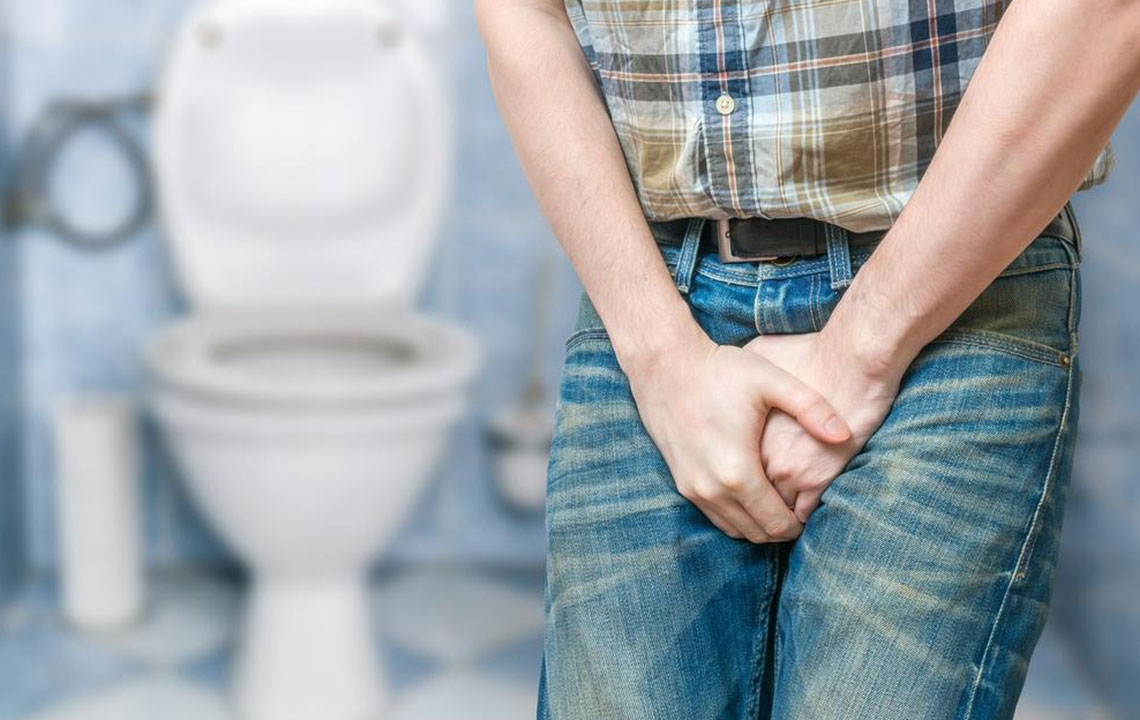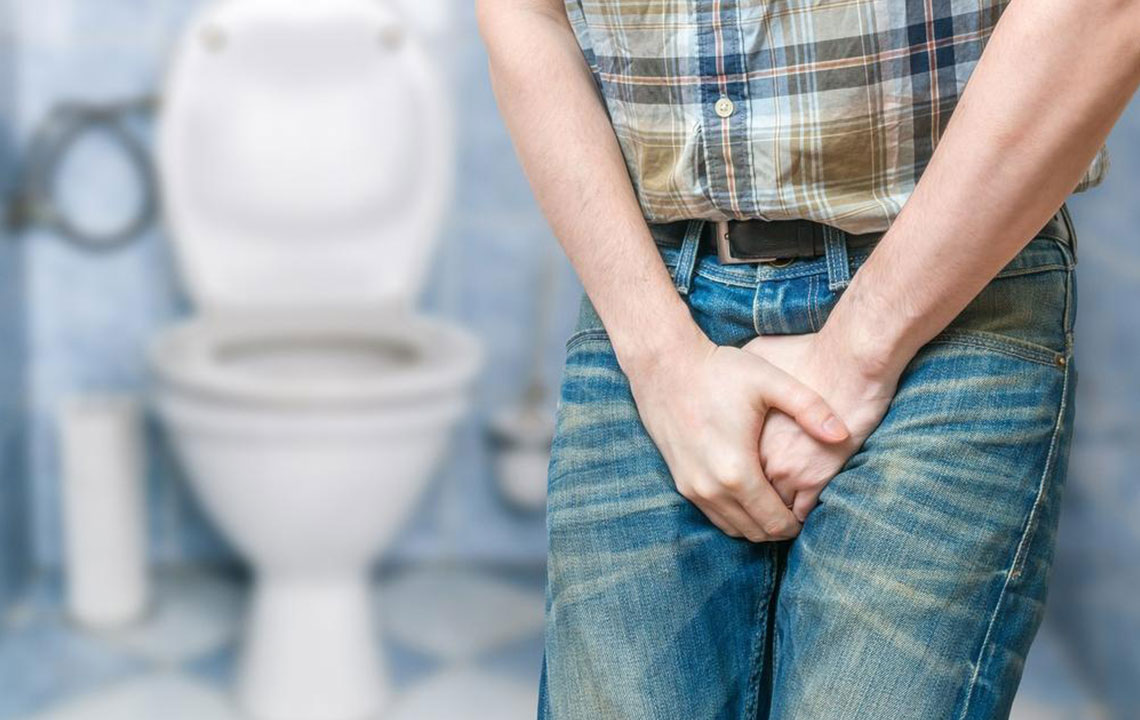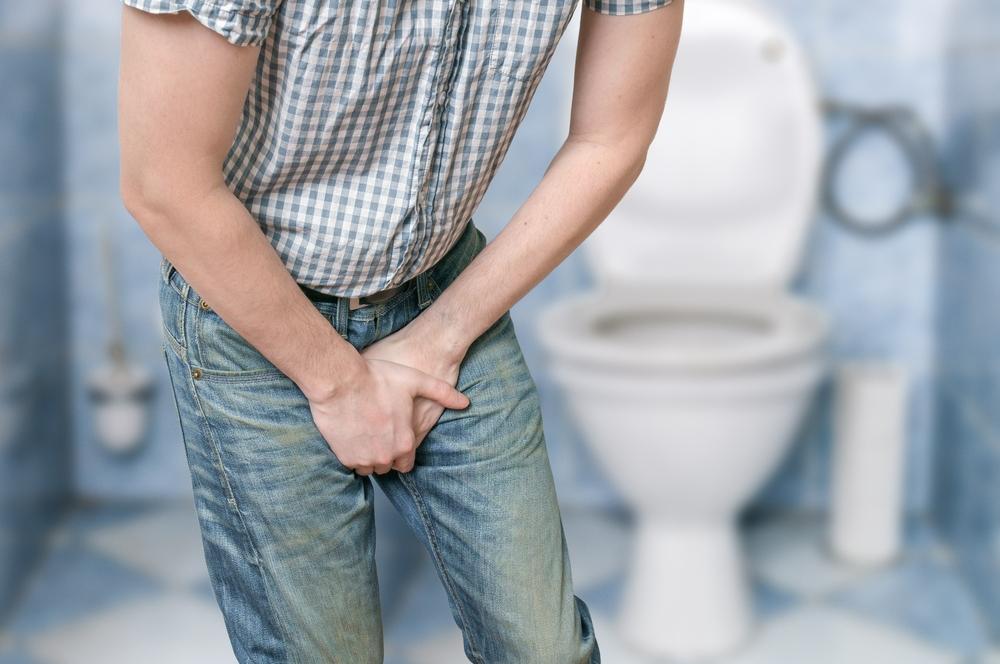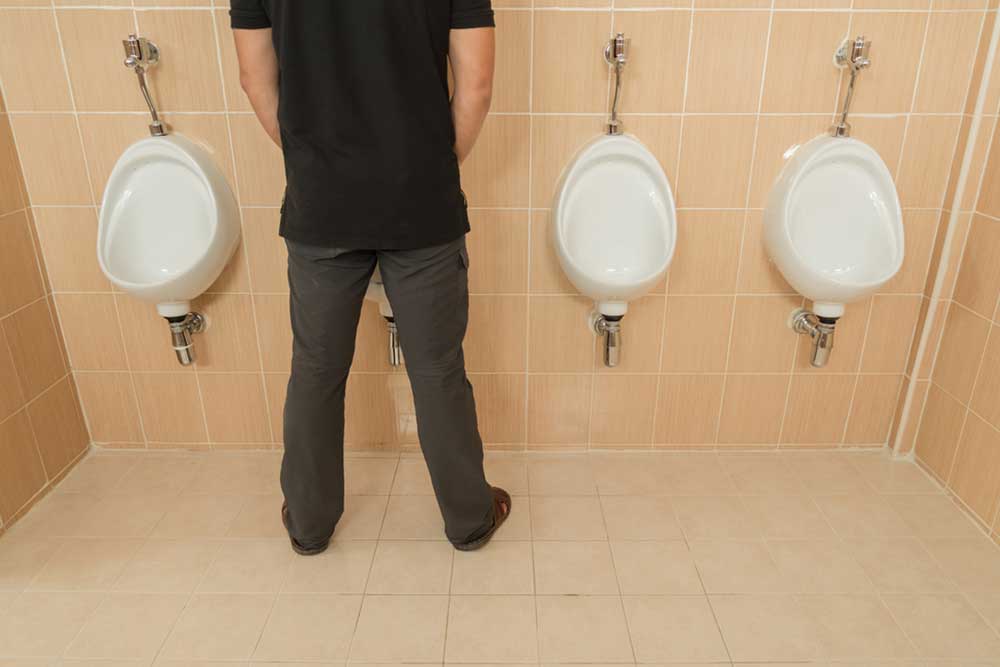Proven Methods to Control Frequent Urination
This article explores effective strategies for managing frequent urination, including understanding causes like UTIs and overactive bladder. It emphasizes the importance of medical diagnosis and treatment options such as medications and lifestyle changes. Practical tips for prevention, like avoiding irritants and maintaining healthy habits, are discussed to promote optimal bladder health. Seek medical advice to address symptoms promptly and prevent complications.

Proven Methods to Control Frequent Urination
Experiencing the urge to urinate frequently is a common health concern. This condition, often caused by an overactive bladder, leads to sudden urges and possible leakage. Those affected typically urinate more than eight times daily and may feel discomfort and urgency, which can be embarrassing if ignored.
Understanding the underlying cause is essential for effective treatment. Proper diagnosis helps identify issues such as infections, nerve problems, or other health conditions that require targeted interventions.
Urinary tract infections (UTIs) are common, especially in women, caused by bacteria entering the bladder. Symptoms include pain during urination, urgency, and discomfort. Risk factors include sexual activity, diabetes, pregnancy, and incomplete bladder emptying.
Overactive bladder is another major factor, affecting about 33 million Americans. It presents as frequent urination, nighttime urination (nocturia), and strong urges that may lead to leaks. Causes involve hormonal fluctuations, injuries, obesity, strokes, and neurological issues disrupting bladder control.
Additional contributors include interstitial cystitis, bladder stones, diabetes, and excessive intake of alcohol, caffeine, or nicotine—all of which can irritate or impair bladder function.
Medical consultation is crucial for accurate diagnosis. Symptoms like foul-smelling urine, burning sensation, blood in urine, lower abdominal pain, or incontinence should prompt a visit to a urologist.
Diagnosis may involve urine analysis, pelvic examination, cystoscopy, ultrasound scans, and urodynamic tests to evaluate bladder health and detect infections or structural problems.
Treatment depends on the underlying cause. UTIs are treated with antibiotics, while bladder control issues may benefit from medications and exercises such as Kegel exercises, which strengthen pelvic muscles.
Preventive measures include avoiding bladder irritants like caffeine, alcohol, and spicy foods before bed, increasing fiber intake to prevent constipation, and promptly seeking medical advice when symptoms appear to maintain healthy bladder function.
Note: This article provides helpful information but should not replace professional medical consultation. Always seek healthcare guidance for urinary health concerns.


